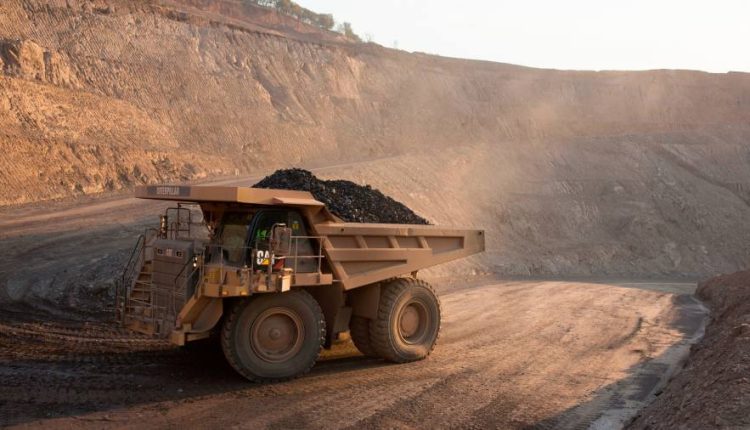Receive free Mining updates
We’ll send you a myFT Daily Digest email rounding up the latest Mining news every morning.
Glencore plans to increase its exposure to the Democratic Republic of Congo to source metals vital to electric car batteries, as the commodity trading giant seeks to expand in the rapidly growing market.
Glencore is making its first-ever investment in a lithium mine in the central African nation after agreeing a deal with Tantalex, a Toronto-listed group exploring for lithium in the DRC.
The deal will see London-listed Glencore provide up to $55mn to Tantalex in three stages, in return for getting the rights to sell lithium from Tantalex’s Manono tailings project to refineries, automakers and battery manufacturers for six and a half years.
The bulk of the financing will help to fund up to a third of the estimated $150mn capital expenditure needed to extract so-called spodumene concentrate, which contains lithium, from heaps of waste at a former tin mine. The first output was targeted for 2025, Tantalex said.
“This will be the first investment on Glencore’s side in the DRC on lithium. They will bring their experience in the country,” said Hadley Natus, chair of Tantalex. “With battery metals, I don’t see how people can turn a blind eye to the DRC.”
The DRC plays a vital role for Glencore in sourcing copper and cobalt but the Swiss-based trader has a chequered history in Africa, including the DRC. Last year, Glencore pleaded guilty to charges that it paid bribes to secure oil supply deals across the continent, and it paid $180mn to the DRC to cover claims arising from alleged acts of corruption. Swiss and Dutch investigations into the company’s past activities in the DRC are ongoing.
The firm has been working out a strategy to complement its portfolio of metals essential to the energy transition by growing its trading book for lithium.
Glencore is already one of the world’s largest recyclers of used portable electronics, harvesting raw materials including lithium to sell back to customers, and it aims to finance lithium mines to supplement its recycling business.
While the DRC project is small, producing enough lithium for about 3.8mn EVs over its lifetime, it could help build infrastructure such as roads to serve the development of another prospective project in the adjacent Manono area, which could be Africa’s largest untapped deposit of lithium.
Glencore already signed a $400mn financing deal with France’s Eramet for an Argentine lithium project, making the DRC agreement the second publicly confirmed deal of its kind for the Swiss-based trader.
Glencore’s senior management has been clear that it does not plan to operate or take large equity takes in lithium mines, preferring to use the traditional trading model of providing debt financing in return for the supply of material.
Chief executive Gary Nagle has repeatedly played down lithium market hype, arguing that supply will be able to be ramped up to meet demand since the commodity can be found widely across the world.
In further pursuit of its strategy, Glencore is interested in taking some of the debt of Alita, an Australian lithium miner that has fallen into administration, in return for its future lithium output.
The DRC transaction is subject to the two companies finalising the contract and completion of outstanding due diligence by Glencore.
Read the full article here

